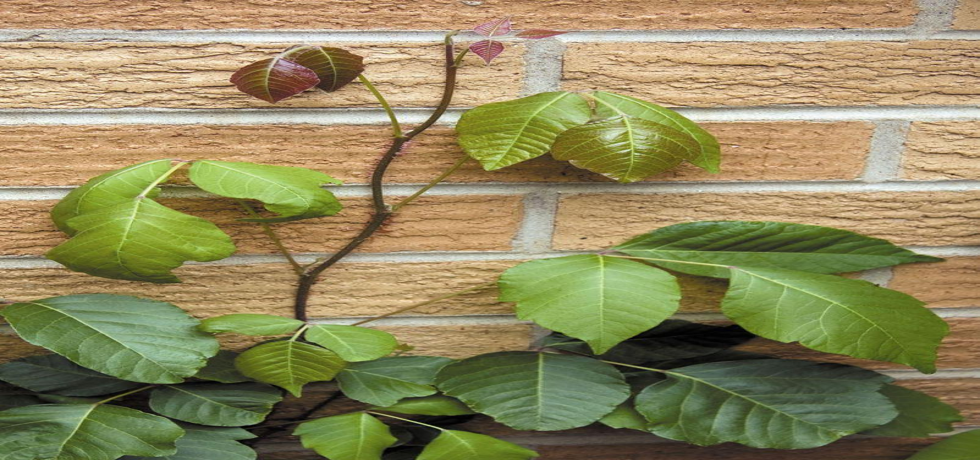
Understanding Poison Ivy Contagion
What is Poison Ivy and Its Effects?
Poison ivy is a plant known for causing allergic reactions when touched. If you find yourself in a situation where you may have come into contact with this irritating plant, you might wonder whether the rash it causes is contagious. Understanding poison ivy contagion is vital for anyone living in areas where this plant is common, especially in regions like India where it can grow wild. Not only can it lead to uncomfortable symptoms, but the misconceptions about its transmissibility can cause unnecessary anxiety.
Is Poison Ivy Contagious?
The good news is that a poison ivy rash is not contagious. You cannot catch a rash simply from being near someone who has one. The primary reason for the rash is urushiol oil, which is the plant oil found in poison ivy that causes the allergic reaction. If you haven’t come into contact with this oil, you won’t develop a rash, no matter how close you are to someone who does.
Understanding Urushiol Oil
It’s important to remember that urushiol oil can linger on surfaces for a considerable time. It can remain on clothing, garden tools, or even pet fur long after exposure. Therefore, while you might not contract a rash from human contact, you could become vulnerable if you handle items that still carry the oil. Cleaning contaminated surfaces thoroughly can help in preventing further contact and potential rash development.
Preventive Measures and Tips
To stay safe, always wear protective clothing if you’re venturing into areas where poison ivy might be present. Also, make a habit of cleaning any gardening tools or pets that may have come into contact with the plant. Additionally, if someone in your household has encountered poison ivy, make sure to wash their clothes and clean any shared items to minimize the chance of urushiol transmission.
What to Do If Exposed?
If you do end up developing a reaction, keep the affected area clean and avoid scratching, as this can worsen the rash or lead to infection. Over-the-counter remedies designed to soothe rashes may help alleviate discomfort. However, if the symptoms persist or worsen, its best to seek advice from a healthcare professional to explore potential treatment options, which may include dermatological evaluations.
Conclusion
In summary, understanding poison ivy contagion can empower you to navigate your outdoor activities safely. By taking preventive measures and knowing how to respond if exposed, you can enjoy nature without the fear of unwanted rashes. Always remember, awareness is key!
Frequently Asked Questions
Can I get poison ivy from my pet?
Yes, if your pet brushes against poison ivy and then you touch your pet, you could be at risk. Be sure to wash your pet if theyve been in an area with poison ivy.
Yes, if your pet brushes against poison ivy and then you touch your pet, you could be at risk. Be sure to wash your pet if theyve been in an area with poison ivy.
How long does urushiol oil linger?
Urushiol oil can remain on surfaces for years if not cleaned properly. Using water and soap or rubbing alcohol can effectively remove it.
For professional assistance and expert advice from leading dermatologists like Dr. Hital Patel, experience the benefits of understanding poison ivy contagion with Hair & Skin Specialist Dr. Hital Patel at The Skin Artistry. Our clinics in PDPU Gandhinagar, Vastrapur Ahmedabad, and Hyderabad (Visiting Consultant) offer top-quality care and personalized treatments. Visit us today to learn more about our services and take advantage of our special offers! For more insights, updates, or to collaborate, stay connected with The Skin Artistry.

